You have the power – now use it!
Elections | Candidates & Elected Officials | Legislative Process | Engagement & Participation
Engage with your Community:
- Get involved with a community organization working to solve an issue
Volunteering with a community group or nonprofit organization can be a rewarding experience. It’s also a great way to directly impact whichever issues are important to you. Many town websites have a list of local nonprofits, neighborhood associations, and community groups. You can also ask friends and neighbors if they know of groups who need volunteers or search online.
- Attend town committee meetings
Did you know that town/city meetings are open to the public? Dates for these meetings are posted on your town website. You can also view meeting agendas to know which topics will be discussed. And you can review minutes (notes) from previous meetings. Many town meetings may be hybrid so you can take part in them from home, or they may be recorded and posted to the town website so you can view them afterward. This is a great way to know the major topics being discussed in your town, to see or meet the people making decisions, and to voice your opinion (during the public comment segment) if you are for or against something going on.
- Submit a letter to the editor or op-ed
Are you more of an independent worker? Or unable to leave your home often? One great way to voice your opinions on your own and from the comfort of your own home is to write a letter to the editor (LTE) or an op-ed (which stands for opposite the editorial page). Research your local print or online news source and take note of where to submit these letters, any deadlines, and the maximum word count.
- An LTE will be shorter than an op-ed and they tend to be written in response to a recent article (either opposed or in support), where the writer wants to add some information.
- An op-ed is typically written by someone who is well-known. However, many news outlets accept op-eds from readers as well, so check the requirements. Be sure to make a clear point, have an opinion from the beginning, and back it up with personal stories and facts.
- An LTE will be shorter than an op-ed and they tend to be written in response to a recent article (either opposed or in support), where the writer wants to add some information.
- Pledge to post only positive messages on social media
Social media can be a great tool for staying in touch with friends and family, for learning about upcoming events, and more. Unfortunately, social media has frequently been used to post mean-spirited messages as well. You can be a positive influence on your social media contacts by pledging to post only positive messages and images!
- Pledge not to spread misinformation
It can be easy to spread misinformation, without even knowing it! You can help stop the spread of misinformation! A few tips to help you before you “like,” forward, or repost a message:
- Consider the source – are they reputable? Do you know this person personally, and that they know about this topic?
- Take an extra minute to research the post. Look for credible sources that verify the message, so you know it’s true.
- Remember that opinions are different than facts. Someone may write a message as though they are an “expert” on the topic, but it doesn’t mean that’s true. Make sure you know the difference.
- Consider the source – are they reputable? Do you know this person personally, and that they know about this topic?
- If you own a business or lead an organization, take the CEO Pledge at CEOpledge.CT.gov
The office of the CT Secretary of the State created the non-partisan Civically Engaged Organizations (CEO) program for businesses, non-profits, religious organizations, and towns. By taking the pledge and becoming a CEO, you’re showing your community that civic engagement and civic education are important to you. Once you join, you’ll receive monthly newsletters about important election-related dates and deadlines that you can post. And, you’ll have access to the CEO online toolkit with videos, graphics, documents, and sample social media posts for you to share. For more information visit CEOpledge.CT.gov.
Be Super Involved:
- Get a friend involved with you
Learning something new can be overwhelming and maybe even scary. Doing it with someone else might make it easier. Find a friend who also wants to learn and get involved and take action together!
- Join a board or commission
Each town/city has many boards and commissions to help make decisions on various issues. Topics may include education, energy, historic district, human services, parks and recreation, planning and zoning, veterans, and more!
Some board and commission members must be elected while others are appointed by the Mayor or First Selectman. Many boards and commissions in Connecticut have open spots; look on your town’s website to see which are open and contact your mayor’s office for information on how to apply.
- Join a town committee
In Connecticut, each town/city has both a Republican and a Democratic a town (or city) committee. Some towns/cities may have committees for other parties as well. Town committees do a number of things, but one main job is to endorse or nominate candidates for local office. Town committees are made up of people from that town, and they are elected to serve on the committee for a set number of years. Joining a town committee can be a great way to learn all about local issues, and network with other civically engaged people in your town. Learn more on the State Elections Enforcement Commission website at seec.ct.gov.
- Become a poll worker
Poll workers are paid to help run our elections and are vital to ensuring a smooth, safe, and secure voting experience. These positions are open to CT registered voters, and to U.S. citizens aged 16 and 17 with permission from a parent or guardian. All the details can be found online by going to MyVote.CT.gov and clicking the Poll Worker Information Form link in the blue box at the top of the page.
- Read the Constitution, Bill of Rights and Declaration of Independence
Do you know all the rights you have in the United States and how the country began? There are key documents that govern everyone living in this country. The Constitution of the United States was written to explain how the U.S. government would be set up and how it would operate. The first section, or first ten “amendments” of the Constitution is called the Bill of Rights. These ten points explain the rights people have in the United States. The Declaration of Independence is an important document, as it is the founding document of the United States. It is the document that announced the United States would be independent from Great Britain.
- Run for office
Becoming an elected official is an honorable and noteworthy way to serve your community. It can be challenging, but also extremely rewarding. Did you know there are very few requirements to run for most positions? Besides being a U.S. citizen, there are some age requirements for certain positions. But, there are very few positions that require a legal (or other professional) background. If you are considering running for office, learn more by visiting MyVote.CT.gov and clicking the “candidate information” link in the grey box.






